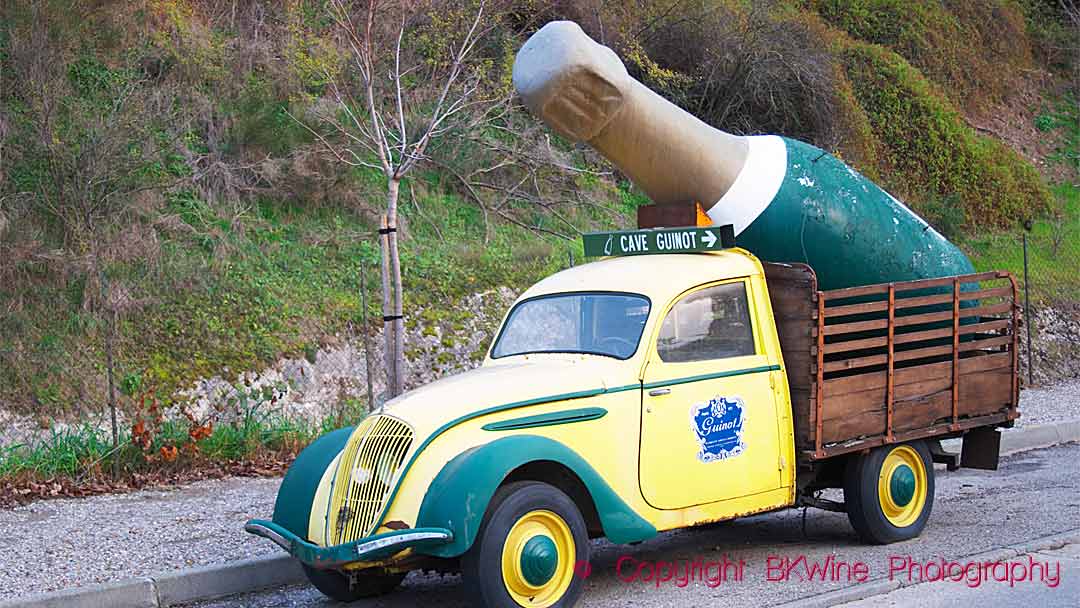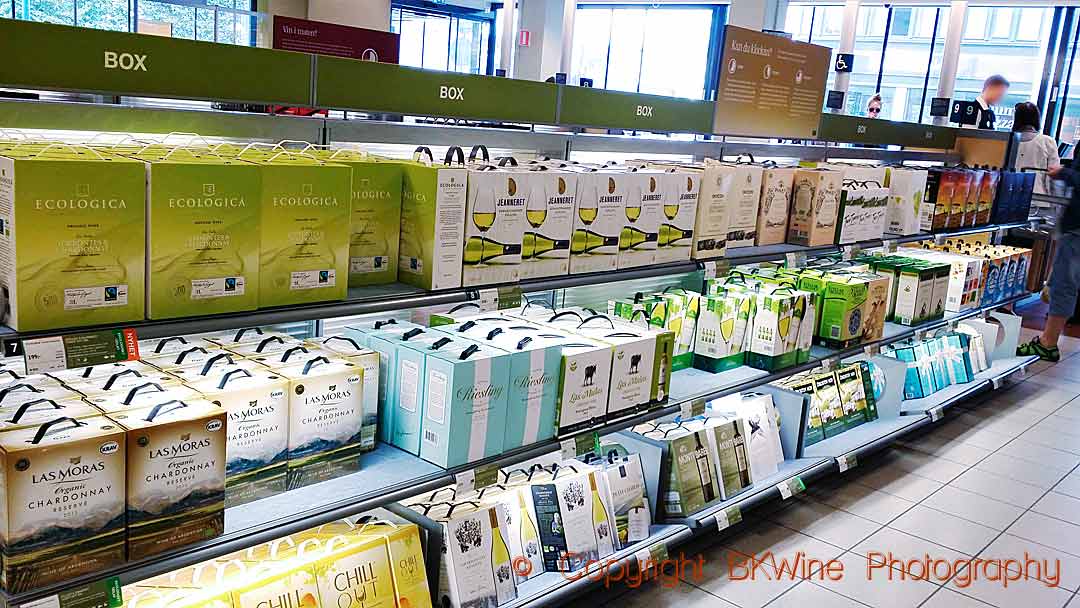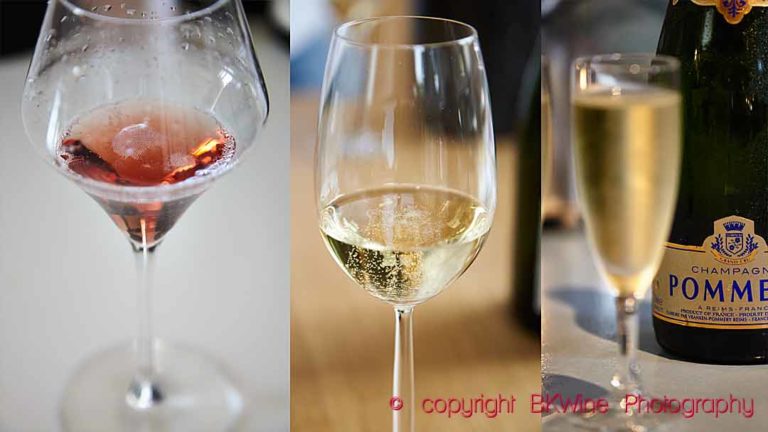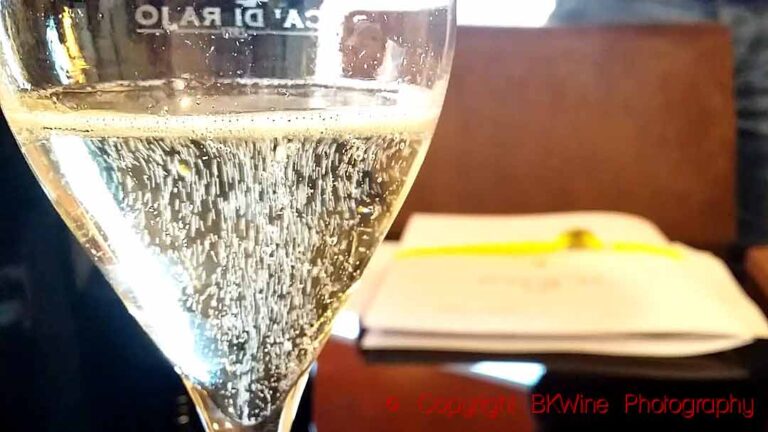The glass bottle entails heavy costs in carbon dioxide emissions to produce and to transport. Changing to lightweight bottles or other packaging may seem obvious. But how people reason differs in different countries. Prowein, the big annual wine fair in Düsseldorf, asked 2,500 retailers in 16 different countries how they view alternative packaging.
Perhaps not so surprisingly, it is northern Europe that is most prepared to change packaging and the Scandinavian countries with monopolies stand out. The report mentions sustainability-conscious consumers and the fact that monopolies can make strict demands on producers (and no doubt also strongly influence consumer choices). The middle group includes France, Spain, USA, Belgium, and Portugal. More than half of the retailers here will offer wine in alternative packaging in the coming years. They will mainly focus on bag-in-box and cans. In the US, retailers may consider offering kegs to restaurants.
The third group, in the report called “the latecomers,” includes Germany, Austria and Switzerland but also the Netherlands and Italy. Here, retailers’ willingness to work with containers other than glass is below 55%. Especially in the German-speaking countries, the majority of retailers continue to stick to glass bottles. A bit surprising, considering that these countries have a reputation of being very environmentally conscious. Read more wein.plus
(By the way, we have a new book coming, “The wine for the future”, on sustainability, organics and other environmental questions in wine.)














